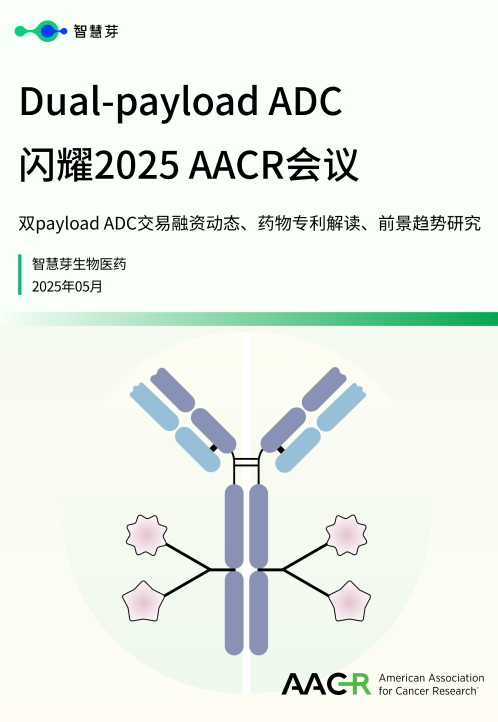预约演示
How to use registry data to support FDA decision making: Agency explains in new guidance
2021-11-30
合作
Drugmakers looking to design a new registry or use an existing one to support a regulatory decision on a drug’s effectiveness or safety will need to consult with a new draft guidance released Monday by the FDA.
The agency’s reliance on registry data for regulatory decisions dates back more than two decades, at least, as in 1998 Bayer won approval for its anticoagulant Refludan (withdrawn from the market in 2013 for commercial reasons) based in part on a
historical control group
pulled from a registry.
The new
14-page draft guidance
makes clear that although registries may have advantages over other real-world data sources, registries are far from perfect sources of information. FDA had to craft this guidance under the
21st Century Cures Act
as part of a
broader framework
to evaluate the potential use of real-world evidence to help support the approval of a new indication for an existing drug.
In terms of the advantages of registries, FDA points to their ability to collect “structured and predetermined data elements” and “offer longitudinal, curated data about a defined population of patients and their corresponding disease course, complications, and medical care. In addition, registries can systematically collect patient-reported data that medical claims datasets or EHR datasets may lack,” FDA said.
Ultimately, FDA said, registry data can be used, when appropriate, to inform the design and support either interventional studies (clinical trials) or non-interventional (observational) studies.
But registries have limitations for use in a regulatory context, the agency explains.
The agency also makes clear that registries are better suited as a data source for regulatory purposes when sponsors can capture objective endpoints, such as death or hospitalization. Whereas subjective endpoints, such as pain, can be collected in a registry, FDA says, but there may be additional challenges in trying to standardize such measurements.
Factors that FDA considers when assessing the reliability of registry data (the draft digs in on other data integrity questions too) include:
The draft guidance also includes a non-exhaustive list of examples of data to include in a registry, such as demographic and clinical information, treatment information for the disease of interest, health-related outcome information and pregnancy-related information.
And FDA explains how sponsors may consider linking the data on a patient in a registry to the same patient in another data system or systems, such as another registry, an EHR, a medical claims database, or through digital health technologies such as sensors that allow for continuous or intermittent recording of physiological and/or behavioral data (e.g., blood pressure, physical activity, glucose levels) or software applications that are run on general-purpose computing platforms.
“Sponsors should use strategies to correct for redundant data, to resolve any inconsistencies in the data, and to address other potential problems, such as the ability to protect patient privacy while transferring data securely,” the draft adds.
Drugmakers and Amazon also recently
weighed in
on another RWE-focused draft guidance from FDA, which
deals with the use of EHRs and medical claims data
to aid regulatory decisions.
Amgen, Janssen and Regeneron are seeking further info from FDA on how to meet with and obtain timely and efficient feedback from the agency on such RWD plans.
“To encourage advancements in RWD use and shared learnings between FDA and sponsors, Janssen encourages FDA to consider revisions to the guidance that allow for a more feasible approach to a series of focused meetings between FDA and sponsors that allows for review and feedback at milestones for designing, conducting, and reporting fit-for-purpose RWE,” Najat Khan, chief data science officer at Janssen, wrote.
Amgen is also hoping to add an appendix to the draft guidance based on further collaborations with FDA and others in industry, including data providers, on a framework for data quality.
“We believe that more specific guidance is needed to enable data providers to generate consistent assessment reports for data quality that will meet the Agency’s needs as part of a sponsor’s regulatory submissions,” Amgen said.
Regeneron said that FDA should make more clear this is a dynamic topic and highlight the agency’s flexibility to explore RWD-related concerns.
And Amazon, which doesn’t frequently weigh in on matters related to drug development, also called on FDA to indicate how sponsors can supplement data using “synthetic information, such as from artificial intelligence (AI)-based tools, natural language processing services, or digital twins (e.g. synthetic that can serve as the control arm in a study).”
Blair Anderson, director of AWS Public Policy, also sought more granular examples in the guidance:
更多内容,请访问原始网站
文中所述内容并不反映新药情报库及其所属公司任何意见及观点,如有版权侵扰或错误之处,请及时联系我们,我们会在24小时内配合处理。
适应症
靶点
-药物
Eureka LS:
全新生物医药AI Agent 覆盖科研全链路,让突破性发现快人一步
立即开始免费试用!
智慧芽新药情报库是智慧芽专为生命科学人士构建的基于AI的创新药情报平台,助您全方位提升您的研发与决策效率。
立即开始数据试用!
智慧芽新药库数据也通过智慧芽数据服务平台,以API或者数据包形式对外开放,助您更加充分利用智慧芽新药情报信息。




